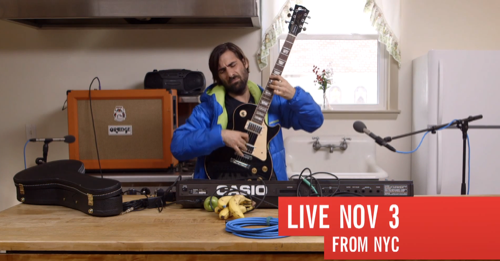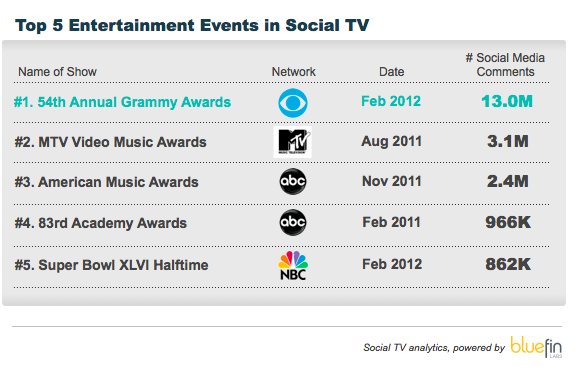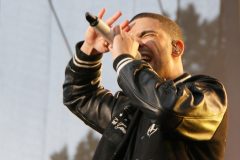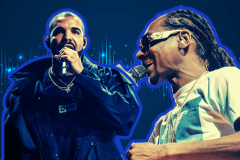
The web’s thriving metropolis of video weirdness will soon host its very own real, live award show: The YouTube Music Awards.
The event, coming on November 3, will take place on stage in New York and will be livestreamed around the world, in true YouTube fashion. Hosted by indie film darling Jason Schwartzman and directed by the perennially cool Spike Jonze, known best for his edgy music videos, YouTube is trying to out-hip the hip—and with big name guests like Lady Gaga, Eminem and Arcade Fire, it can probably succeed.
But looking cool and putting together a star-studded show is merely the sound and fury. In recent days, Twitter and Facebook have both made some major plays in the social TV analytics space, which is red hot right now. Unlike those companies, Google can leverage its immense resources to craft its own Huge Live Event, broadcast over YouTube, soaking up Google+ user data. That could prove that not only is the third-most trafficked website in the world as relevant as ever—but that YouTube could be the most relevant force in the social TV space.
That is, if it plays its cards right.
Google Takes On … Everyone, Really
Forget Facebook and Twitter for a minute, if you will. With the YouTube Music Awards, Google’s big social TV move could have some symbolic collateral damage, namely to the stalwarts of the entertainment industry.
MTV’s VMAs (don’t be caught dead saying “Video Music Awards”) have offered teens and twentysomethings a hip music awards alternative to the considerably more (literally) buttoned-up Grammys since 1984. If Miley Cyrus is any indication (and she is), the VMAs remain relevant after almost 30 years.
But YouTube is more relevant. And because its content is user-created, that won’t be changing any time soon. YouTube is a strange confluence of mainstream artists (and their major labels) and Internet quirkiness ripe for memedom. Its unbridled randomness still thrives, and brands that manage to harness the social network’s odd energy and penchant for virality can thrive there. YouTube has sticking power—and its award show, just like the MTV VMAs 30-year-tenure, might too.
Social TV Gets Hotter And Hotter
Beyond being big business for themselves, major award shows are big business for social networks, which see massive spikes in usage concurrent with live broadcast events. In 2012, the Grammy Awards drummed up 13 million “social media comments” on Twitter and Facebook, as tracked by social analytics firm Bluefin. The top three entertainment events that drummed up the most social buzz as of 2012 were music award shows. (That record was later bested by the 2012 election and the 2013 Super Bowl.)

It’s no coincidence that Twitter bought Bluefin, the social analytics company conducting that very same research, earlier this year. There’s major money in insightful social data around viewing habits—and the more insight you can stockpile, the better. Twitter also partnered with Nielsen, the traditional TV ratings giant to add Twitter’s social TV analytics as a complement to Nielsen’s traditional viewership ratings. Meanwhile, Facebook will start selling its own social entertainment chatter to major networks like ABC, FOX, NBC and CBS, doled out in surely lucrative weekly reports.
YouTube’s Social TV Trifecta
The intersection of streaming entertainment events and realtime social media activity is big business for the advertisers and content makers who can crack the code. And clearly, when it comes to social media, music award shows are some of the buzziest of all.
If you’re Google, you’re sitting on a three ingredient formula for success: resources sufficient to craft your very own hyped-up award show, the online network to broadcast it over and, bettered by its recent splicing of Google+ DNA into YouTube comments, the social network to control the conversation.
That’s not just major brand buzz and a ton of traffic—it’s a data goldmine.





















